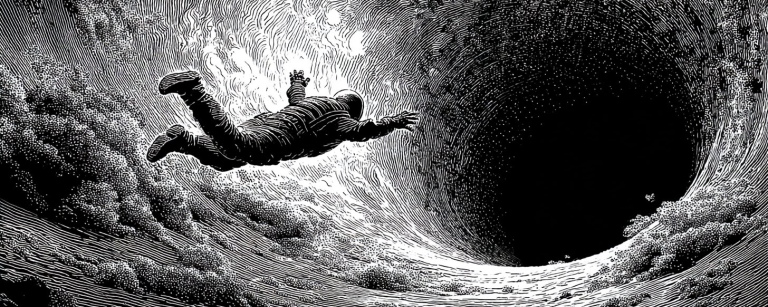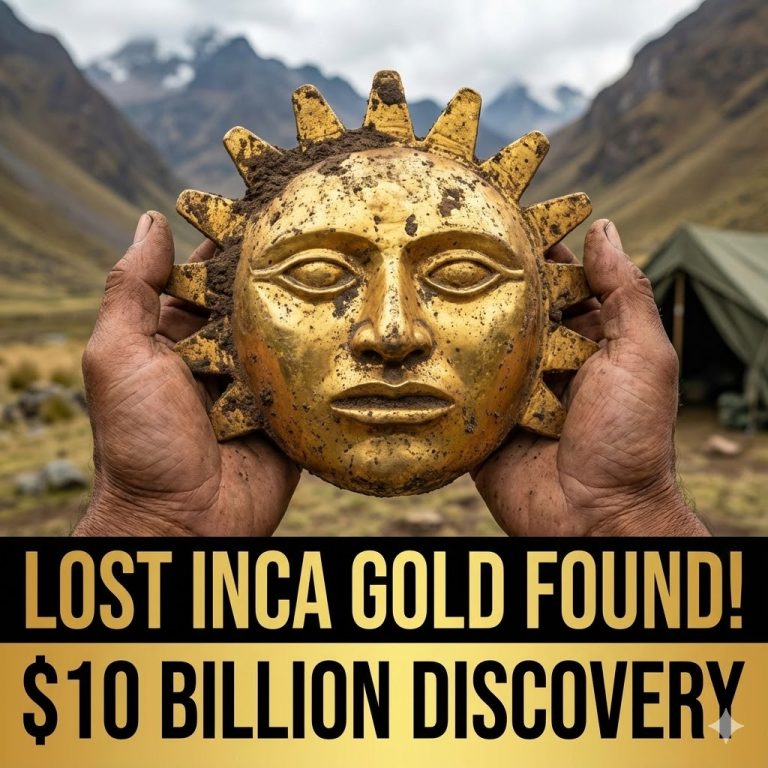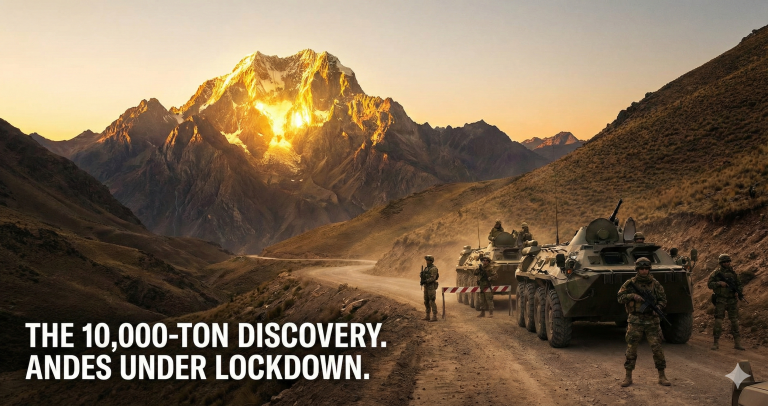Introduction
We make thousands of decisions every single day—some conscious, some automatic. From the mundane (what to eat, what to wear) to the significant (who to text, what task to prioritize), life is a series of choices. But what happens when we give up control? What if, just for one day, a six-sided die becomes the master of our fate?
That was the question I sought to answer when I embarked on a bizarre experiment: I would let a dice decide every decision I made for 24 hours. The goal wasn’t just to shake up my routine, but to explore the psychological and emotional consequences of surrendering choice. Would it lead to chaos? Or would I uncover clarity in unexpected places?
Setting the Rules
To keep things structured and fair, I laid down some ground rules:
- Every decision had to involve the dice, unless it was a genuine emergency.
- Each face of the die had to be mapped to specific, meaningful options.
- No cheating. I had to commit to whatever the die chose, even if it meant discomfort.
- I would journal everything, from the outcomes to my emotional reactions.
I created a set of “decision categories” for common tasks throughout the day: meals, clothing, work priorities, social interactions, and spontaneous activities. For instance, when choosing breakfast, each number on the die represented a different food option—from eggs to skipping breakfast altogether.
Morning: Discomfort from the Start
The experiment began at 7:00 a.m. My first decision? Get up or snooze. I rolled a 2. Snooze for 15 more minutes. Nice.
But the dice soon proved it wasn’t my friend. At 7:15, I rolled again. A 5. That meant: “Cold shower.” Not how I typically like to wake up, but rules are rules. The icy water shocked me into full consciousness and gave me a weird burst of energy. Was this the dice helping me?
Next came breakfast. A roll of 1 landed me with dry toast and a glass of water. I usually go for oats and fruit, but the simplicity was oddly grounding.
Outfit? I rolled a 4: mismatched clothes from the bottom of my drawer. I looked like a thrift store had exploded on me.
By 9 a.m., I was fully dressed and uncomfortable—cold, hungry, and a little embarrassed. But strangely, I also felt more alert and open.
Midday: Embracing the Absurd
Work was where the dice really took over. I listed six tasks I’d been procrastinating on. Roll: 6. The one I least wanted to do—a long-overdue budget report. Sigh.
But here’s the twist: because I didn’t “choose” it, I felt weirdly free from resistance. I just did the task, no mental struggle, no negotiation. I wasn’t responsible for choosing this misery; the dice was. And that detachment made the task feel lighter.
Lunch? The dice had me order something I’d never tried before from a nearby Vietnamese restaurant. A tofu banh mi. To my surprise, it was delicious.
I also rolled a 3 for an unexpected social task: text a friend I hadn’t talked to in over a year. It felt awkward, but the randomness made it feel less contrived. I blamed the dice, sent the text, and within 15 minutes, we were chatting like no time had passed.
By early afternoon, the day had taken on a surreal rhythm. Decisions were faster. I was moving without hesitation. There was an odd peace in letting go.
Evening: Unexpected Vulnerability
At 6 p.m., I rolled for dinner. Option 2 meant eating leftovers. Meh, but fine. Then came the wildcard: “Do something you’ve been avoiding emotionally.” The list included journaling, calling a difficult family member, or meditating on a fear.
The die chose journaling about a past relationship I never got closure on. Oof.
I lit a candle, put on ambient music, and wrote for 30 minutes straight. The tears came halfway through. Releasing that emotional weight was not what I expected from a silly dice game.
Later that evening, the dice made me go on a walk instead of watching TV. I walked through my neighborhood in silence, observing small things: kids playing, a cat on a porch, the glow of windows. I felt present, more than I had in weeks.
Midnight: Reflection and Realization
The final task was to roll for a reflection method: journal, record a video, or talk aloud to myself. I rolled 2: video diary.
Looking into the camera, I summarized the day:
- I’d felt more alive and engaged.
- I confronted emotional avoidance.
- I tackled procrastination.
- I ate something new.
- I had a meaningful conversation with someone from my past.
All because I wasn’t the one in control.
Letting go of choice didn’t just remove the stress of decision-making; it revealed the mental gymnastics I usually perform to justify my preferences, avoid discomfort, or seek instant gratification. The dice cut through all of that with cold impartiality.
Psychological Insights
The experiment echoed principles from cognitive behavioral therapy (CBT), decision fatigue research, and even stoic philosophy:
- Decision Fatigue: By outsourcing choice, I conserved mental energy. I was surprised at how much lighter I felt.
- Exposure Therapy: The dice forced me to do things I avoid. And exposure, rather than avoidance, lessened my fear.
- Ego Detachment: Without the illusion of control, my ego took a backseat. I wasn’t trying to prove anything.
- Flow State: Because I wasn’t overthinking, I entered a kind of flow in my tasks.
The Risks and Limits
Of course, not everything should be left to chance. A die doesn’t account for ethics, safety, or long-term goals. Had I expanded this to driving routes or financial decisions, the consequences could have been serious.
Randomness is fun, but only within a framework of common sense. The key is structured spontaneity.
Would I Do It Again?
Absolutely—but selectively. I wouldn’t let a die decide my entire life again, but I would use it to:
- Break out of creative ruts
- Choose between equal options
- Push myself into uncomfortable growth
It’s a tool, not a lifestyle.
Final Thoughts: Chaos or Clarity?
So, was it chaos or clarity?
A bit of both. The chaos was superficial: weird meals, strange outfits, odd tasks. But beneath that was a surprising clarity. I realized how much mental energy I waste on indecision, how often I avoid growth in the name of comfort, and how empowering it is to surrender control.
Letting a dice run your day sounds like madness. But in surrender, I found simplicity. In randomness, I found revelation.
Maybe the real dice we need to roll is the one that asks: What if you stopped trying to control everything—just for a moment?
Sometimes, clarity comes when you stop choosing and start trusting the unknown.



